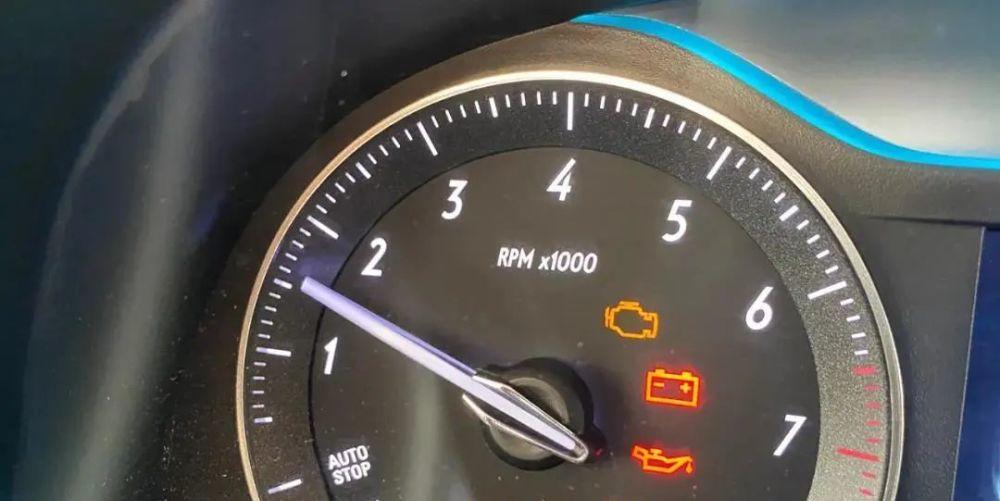Winter temperatures are low
Vehicles become "stiff" at low temperatures
If you want to love your car in winter, you can be flexible
Keep these points in mind
Special precautions for oil, antifreeze and glass water
1. In low temperature environment, pay attention to the viscosity of the oil
Viscosity mismatch, prone to car engine start difficulties, or even unable to start and other conditions, while will aggravate the wear of mechanical parts and increased fuel consumption.

In areas with low temperatures in winter, it is recommended to use 0W, 5W or 10W oil. Before entering the winter, it is also necessary to check the height of the oil level and avoid insufficient oil.
2. After entering the winter, it is necessary to check the antifreeze in the car
The liquid level height of the antifreeze is maintained between the low limit (min) and the high limit (max), and the antifreeze does not need to be replaced in the case of ensuring that the antifreeze effect is normal and does not reach the replacement cycle, otherwise it needs to be filled or replaced.
Reminder: Antifreeze different colors should not be mixed, the same color but different brands of products should not be mixed, otherwise it is easy to cause the boiling point of antifreeze to drop, the freezing point to increase, emulsification, resulting in watercrowth blockage.
3. Antifreeze glass water should be used in cold areas
According to the local minimum temperature reasonable choice, generally requires the freezing point of glass water to be more than 10 ° C lower than the local minimum temperature, to ensure that there will be no freezing or causing spray kettle failure.
Reminder: When the temperature is around 0 °C, add some winter glass water to help lower the freezing point. When it continues to reach below 0 °C, it should be completely replaced with winter glass water, pay attention to the remaining daily glass water in the car first, and then fill it with winter glass water. If the glass water has frozen, do not spray water, otherwise it will damage the motor.
Besides
The car's battery is also very afraid of the cold, and it is anxious to go out in the morning
The battery was found to be out of power and the vehicle could not be started
It is the "nightmare" of every car owner in winter
So how do you avoid this?
Battery power loss, how to solve
1, do not start continuously, causing excessive discharge of the battery
The engine generally starts for no more than 3-8 seconds, and if the 8 seconds have not been successfully started, the start should be stopped immediately. The interval between restarts must not be less than 15 seconds.
2, the vehicle should not be idle for a long time to avoid battery exhaustion
When not started, there is still a weak current consumption in the vehicle circuit system, and long-term non-use of the vehicle will lead to battery drainage. It is recommended to start the vehicle for 20-30 minutes per week to charge the battery. If you do not use the car for a long time, it is best to cut off the battery.
3. Regularly check the battery electrode wiring
If it is found that the battery terminal has white powder or battery drum packing, it should be checked or contacted by professionals in time.
Special reminder to electric vehicle owners
In winter, we must always pay attention to the vehicle mileage, and the electricity consumption in winter may be much faster than usual, especially in the case of warm air. Recharge in time and avoid lying down.
Xiao Bao summary: the correct posture of the hot car
1. The car is on the road after 30 seconds to 1 minute of start.1
2. Keep the speed low, under normal circumstances, the engine speed is maintained at about 2000 rpm.
3. After about 3 to 5 minutes, the engine temperature rises to the normal working temperature, and you can drive normally.